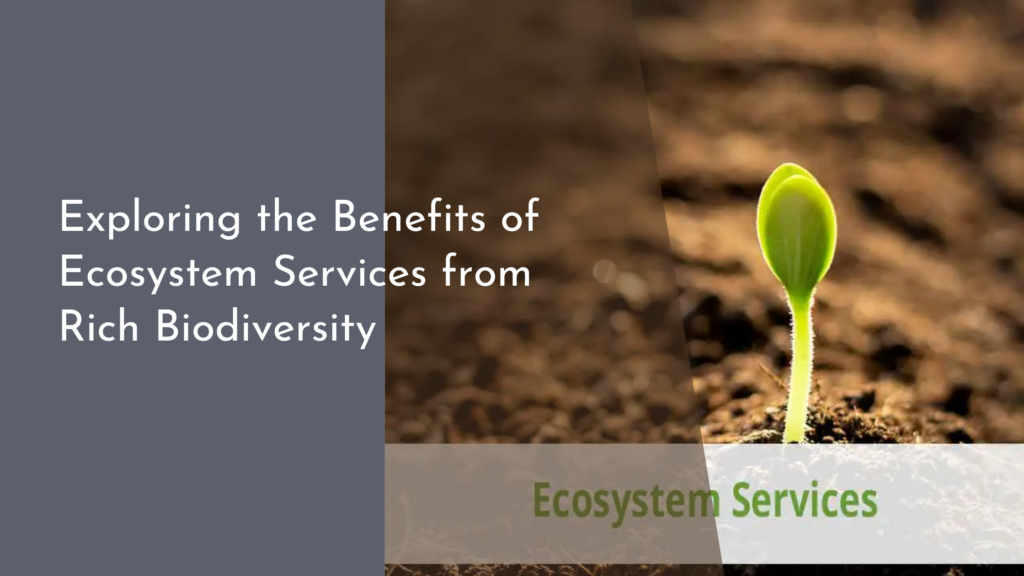Sustainable Urban Water Management Solutions
As urban populations continue to swell, the challenge of managing water resources sustainably becomes more pressing. Cities around the globe are beginning to recognize the importance of adopting sustainable urban water management solutions that not only meet the needs of their residents but also protect the environment. This article explores the joy of implementing such practices, highlights innovative technologies that are revolutionizing urban water systems, emphasizes the crucial role of community engagement, and discusses how cities can future-proof themselves by embracing eco-friendly solutions.
Discovering the Joy of Sustainable Water Practices in Cities
Sustainable urban water management is not just a necessity; it can also be a source of joy and pride for communities. By utilizing rainwater harvesting systems, green roofs, and permeable pavements, cities can significantly reduce stormwater runoff and improve water quality. These practices create a sense of harmony with the natural environment, allowing residents to take part in efforts that benefit not only their immediate surroundings but also the larger ecosystem. The beauty of green infrastructure fosters a sense of community well-being, proving that sustainability can be both functional and aesthetically pleasing.
Moreover, cities that prioritize sustainable water management often find themselves reaping economic benefits. By investing in water-efficient technologies and practices, municipalities can reduce costs associated with water treatment and infrastructure maintenance. This not only frees up funds for other essential services but also attracts businesses and residents who value sustainable living. The collective sense of accomplishment that comes from implementing these practices creates a positive feedback loop, encouraging ongoing investment in sustainable solutions and fostering a culture of environmental stewardship.
Innovative Technologies Revolutionizing Urban Water Systems
The advent of innovative technologies is truly transforming urban water management. Smart water management systems are now being adopted to monitor and optimize water usage in real time. With the help of IoT sensors, cities can track water consumption patterns, detect leaks, and manage supply with unprecedented efficiency. These advancements not only enhance water conservation efforts but also help cities respond to droughts and floods more effectively, ensuring residents always have access to clean water.
Additionally, advancements in wastewater treatment technologies are making it easier for urban areas to recycle water. Processes like membrane bioreactors and advanced oxidation can treat wastewater to a standard safe for reuse in irrigation, industrial processes, or even as potable water after further purification. By harnessing these technologies, cities are effectively closing the water cycle, reducing dependence on freshwater sources, and promoting a circular economy that benefits everyone.
Community Engagement: The Heart of Water Management Success
One of the most vital components of successful sustainable water management is robust community engagement. When residents are involved in decision-making processes, they tend to feel a heightened sense of ownership and responsibility toward their local water resources. Educational programs that teach the importance of water conservation, rainwater harvesting, and pollution prevention can empower citizens to take actionable steps in their daily lives, fostering a culture of sustainability that resonates throughout the community.
Community-led initiatives, such as tree planting campaigns, rain garden installations, and clean-up events, are excellent ways to unite residents toward a common goal. These activities not only enhance local ecosystems but also build social connections and instill a sense of pride. By encouraging collaboration between local governments, businesses, and residents, cities can create tailored water management solutions that reflect the unique needs and values of their communities, ensuring long-lasting success.
Future-Proofing Cities: Embracing Eco-Friendly Solutions
Looking ahead, the emphasis on eco-friendly water management solutions is key to future-proofing cities against climate change and resource scarcity. By adopting integrated water resource management practices, cities can better balance the demands of urbanization with the need for sustainable water sources. This approach promotes collaboration among various stakeholders, leading to policy-making that prioritizes conservation, efficiency, and resilience.
Moreover, as cities invest in green infrastructure, such as bioswales and constructed wetlands, they not only improve water quality but also enhance urban biodiversity and aesthetics. These eco-friendly solutions can help mitigate urban heat effects, improve air quality, and provide recreational spaces for residents. By prioritizing sustainability in urban water management, cities can create vibrant, livable environments that thrive both now and in the future, making them more attractive to residents and visitors alike.
The journey toward sustainable urban water management is filled with opportunities for innovation, community engagement, and environmental stewardship. By embracing sustainable practices and technologies, cities can not only enhance the quality of life for their residents but also protect vital resources for generations to come. The cheerful collaboration of communities, alongside the adoption of groundbreaking solutions, paves the way for a future where urban spaces flourish sustainably. As we look towards a brighter horizon, let us celebrate and support the ongoing efforts that make our cities a better place to live, work, and thrive.

